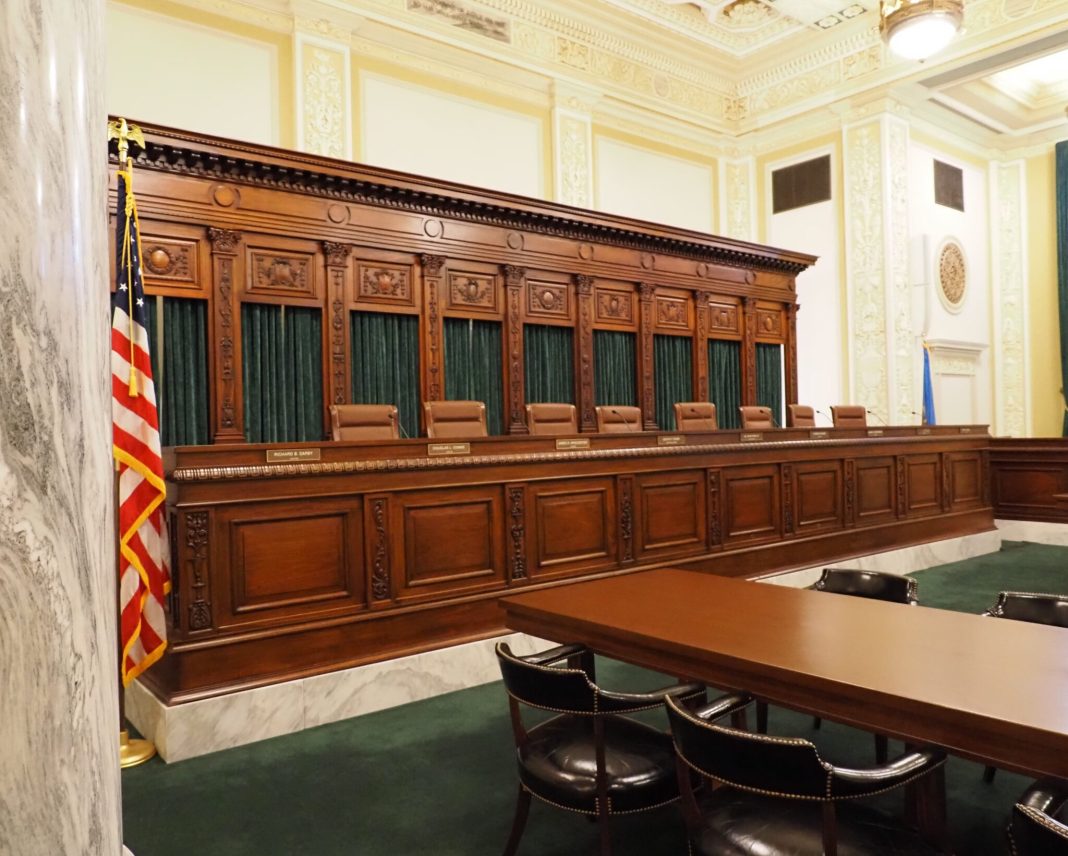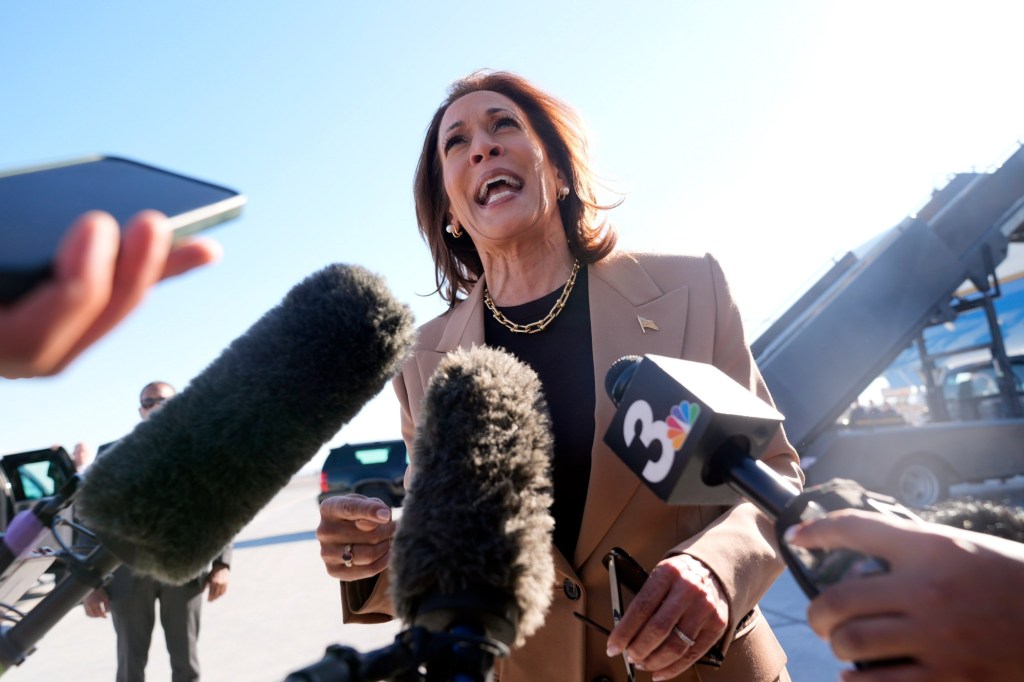Trump’s Truth Social Rampage: A Pre-Election Fury Against Kamala Harris
As the countdown to the 2024 U.S. presidential election ticks down, former President Donald Trump is ramping up his online rhetoric, particularly against his Democratic rival, Vice President Kamala Harris. Over the past month, Trump has unleashed a torrent of posts on his platform, Truth Social, where he has been lashing out with increasingly aggressive and vulgar attacks. This strategy seems aimed at solidifying his base while laying the groundwork for potential challenges to the election results, echoing his claims from the contentious 2020 race.
According to an analysis by AFP, more than one-third of Trump’s posts in September targeted Harris, showcasing a relentless focus on his opponent. With an average of over 30 posts a day, Trump’s online presence is a far cry from his days on X (formerly Twitter), where he had a much larger audience before his ban following the Capitol riots. Despite Truth Social’s smaller user base, Trump is using the platform to connect with his most fervent supporters, often stretching the limits of the platform with his all-caps tirades.
Among his more outrageous claims, Trump has accused Harris of being "guilty of CRIMES" and has called for her impeachment and prosecution. He has also threatened to go after anyone he perceives as having "CHEATED" in the elections, promising unprecedented legal repercussions if he regains the presidency. Political analysts suggest that while this rhetoric may energize his core supporters, it could alienate moderate voters who might be on the fence about supporting him again.
The Pre-Election Strategy
With election day looming, Trump has intensified his focus on alleged voter fraud, particularly targeting Harris. His posts have included misleading claims about immigration and voting, often distorting facts to fit his narrative. For instance, he has falsely accused Harris of illegally registering immigrants to vote and has shared manipulated videos that misrepresent her statements. This tactic of sowing doubt about the electoral process is reminiscent of his approach in 2020, where he repeatedly claimed that the election was "rigged."
In a particularly bizarre twist, Trump has even taken to disparaging pop culture figures, such as when he declared, "I HATE TAYLOR SWIFT," after the singer endorsed Harris. Such comments, while seemingly trivial, reflect a broader strategy of appealing to his base by engaging in culture wars that resonate with his supporters.
The Fallout from His Rhetoric
Trump’s increasingly erratic online behavior has raised eyebrows among political observers. Larry Sabato, director of the University of Virginia’s Centre for Politics, noted that while Trump’s base thrives on his provocative posts, there are millions of potential voters who might recoil at such extreme rhetoric. This duality presents a challenge for Trump as he navigates the delicate balance between energizing his supporters and not alienating moderate voters.
Moreover, Trump’s posts have not only been politically charged but have also veered into dangerous territory. His amplification of conspiracy theories and racially charged commentary has drawn criticism from various quarters. For instance, he has shared posts that promote extremist ideologies, which experts warn could embolden the more radical elements within the conservative movement.
A Desperate Man’s Tactics
Political analysts suggest that Trump’s behavior may stem from a sense of desperation as he faces the prospect of losing again. John Jost, a professor at New York University, posits that Trump’s relentless attacks and conspiratorial claims reflect "dread, immense anxiety, and hatred." This desperation could lead him to say or do anything to maintain his grip on power and influence.
As the election approaches, Trump’s social media strategy will likely continue to evolve. Whether it will resonate with voters beyond his core supporters remains to be seen. For now, his Truth Social posts serve as a window into his mindset as he prepares for what could be a contentious election season.
In conclusion, Trump’s online tirades against Kamala Harris are more than just political attacks; they represent a calculated effort to galvanize his base while simultaneously laying the groundwork for potential election challenges. As the election draws near, the implications of his rhetoric will be closely watched, both by supporters and critics alike.



